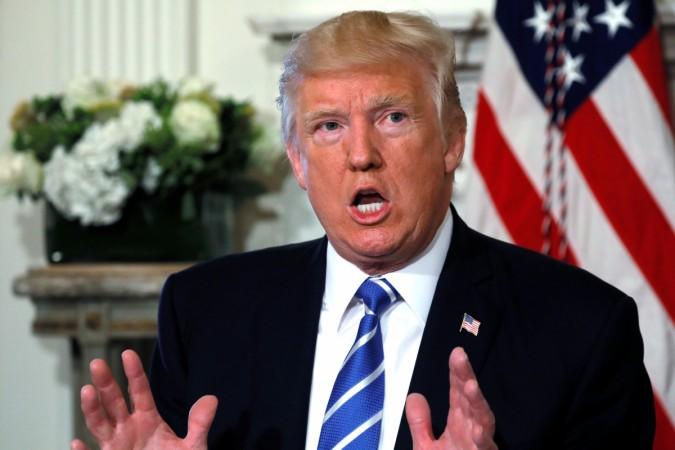US President Donald Trump proposed on Wednesday the biggest US tax overhaul in three decades, calling for tax cuts for most Americans, but prompting criticism that the plan favours business and the rich and could add trillions of dollars to the deficit.
The proposal drew a swift, sceptical response from Senator Bob Corker, a leading Republican "fiscal hawk," who vowed not to vote for any federal tax package financed with borrowed money.
"What I can tell you is that I'm not about to vote for any bill that increases our deficit, period," Corker, who said on Tuesday he would not seek re-election in 2018, told reporters.
Trump said his tax plan was aimed at helping working people, creating jobs and making the tax code simpler and fairer. But it faces an uphill battle in the US Congress with Trump's own Republican Party divided over it and Democrats hostile.
The plan would lower corporate and small-business income tax rates, reduce the top income tax rate for high-earning American individuals and scrap some popular tax breaks, including one that benefits people in high-tax states dominated by Democrats.

Forged during months of talks among Trump's aides and top congressional Republicans, the plan contained few details on how to pay for the tax cuts without expanding the budget deficit and adding to the nation's $20 trillion national debt.
The plan still must be turned into legislation, which was not expected until after Congress makes progress on the fiscal 2018 budget, perhaps in October. It must then be debated by the Republican-led congressional tax-writing committees.
Analysts were sceptical that Congress could approve a tax bill this year, but that is what Republicans hope to achieve so they can enter next year's congressional election campaigns with at least one legislative achievement to show for 2017.
Financial markets rallied on the plan's unveiling, an event long anticipated by traders betting that stocks would benefit from both faster economic growth and inflation.














